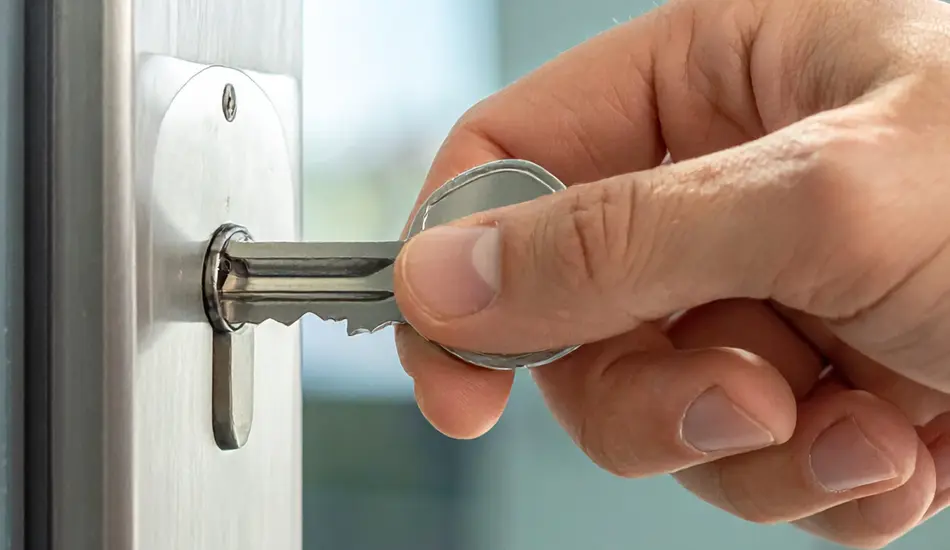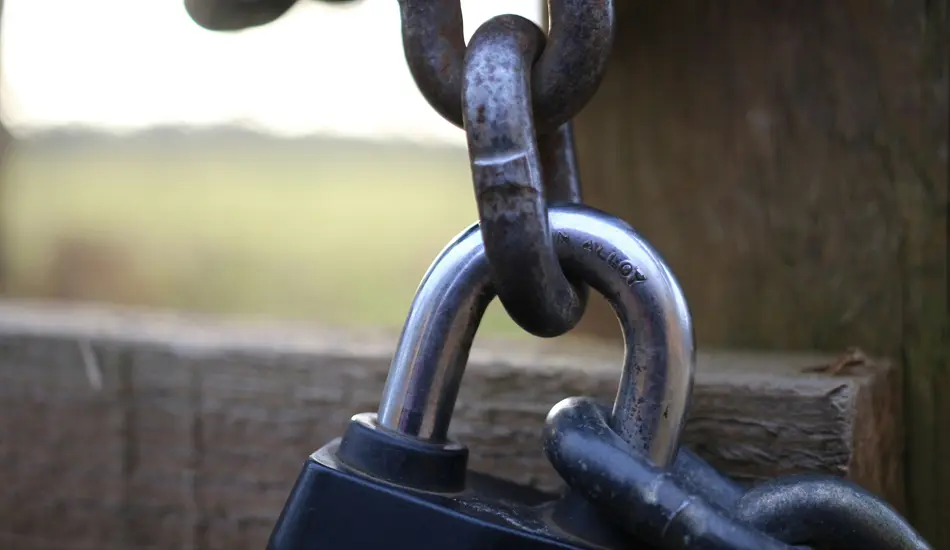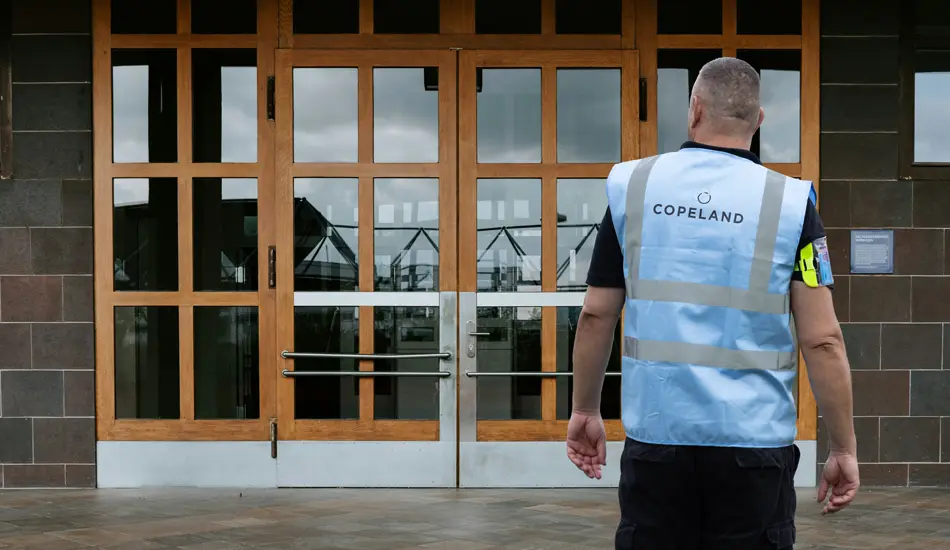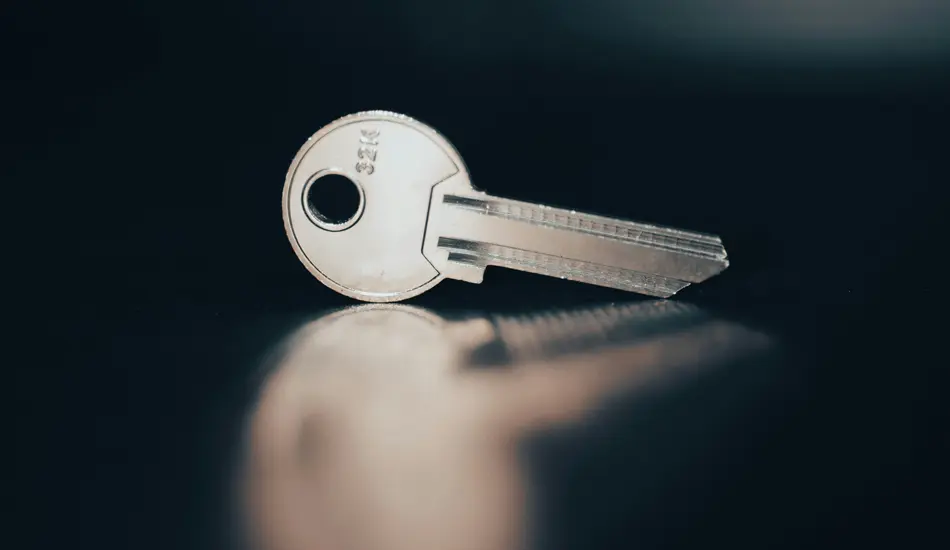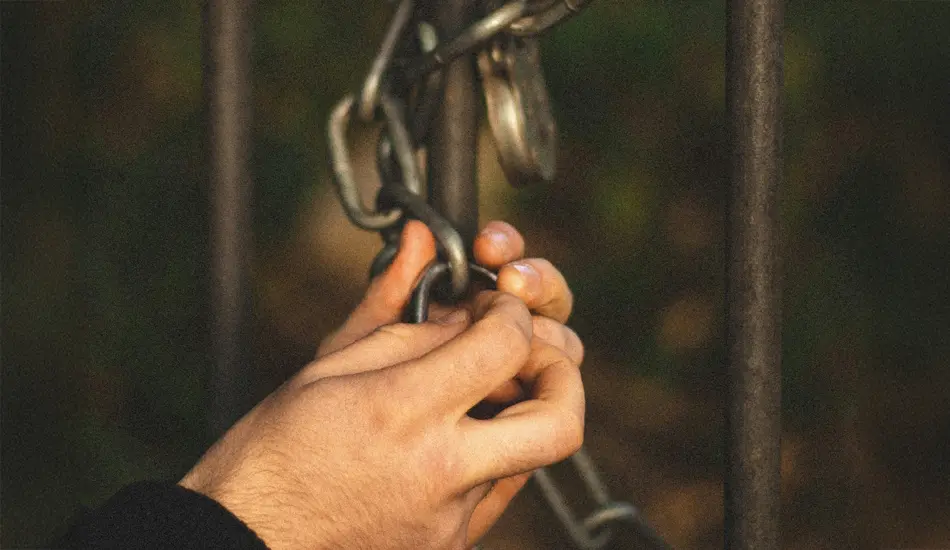
Security services often sound similar, but the differences matter. Two of the most common are keyholding and lock and unlock support. Both involve professional management of your business keys, but the level of service and protection is not the same. Understanding the difference helps you choose the right option for your site.
What is keyholding?
Keyholding is when a professional security provider stores a spare set of your keys securely off-site. If an alarm activates or access is needed, trained officers use those keys to enter your property, investigate, and take the correct action.
Professional keyholding means:
- Keys are stored securely under British Standard 7984.
- Only vetted and licensed security staff can access and use them.
- Emergency call-outs are handled by trained officers, not your staff.
- Detailed reports are provided after incidents.
The main benefit is that staff are protected from responding to dangerous situations, while your site still receives a fast, compliant response whenever it is needed.
What is lock and unlock support?
Lock and unlock support builds on keyholding by adding a physical officer presence at your premises at agreed times each day. Officers arrive to open up in the morning and return at closing time to lock up.
Professional lock and unlock support means:
- The premises are always opened on time, even if staff are delayed or absent.
- End-of-day lock-up is done correctly, with alarms set and doors checked.
- A visible security presence provides reassurance and deters intruders.
- Officers can supervise early deliveries, cleaners, or contractors.
This is a proactive service that removes the daily burden of opening and closing from employees and adds visible protection at the most vulnerable times of the business day.
Key differences between lock and unlock vs. keyholding
- Scope of service: Keyholding is reactive — officers attend when needed. Lock and unlock is proactive, with officers on site every day.
- Risk management: Keyholding protects staff from dangerous incidents, while lock and unlock also prevents delays, missed alarms, and rushed lock-ups.
- Visible deterrence: Keyholding operates mostly in the background. Lock and unlock adds a uniformed officer presence that intruders can see.
- Staff stress: Keyholding reduces pressure during emergencies. Lock and unlock removes the everyday worry of opening and closing procedures.
Copeland’s standards and accreditations
Whether you choose keyholding or lock and unlock, Copeland delivers both with the highest industry standards:
- Officers vetted to BS 7858.
- Keys managed under BS 7984 and manned guarding aligned with BS 7499.
- 24-hour UK-based control room with real people ready to respond.
- ISO certifications including 9001, 14001, 18788, 22301, 27001 and 45001.
- Inspected by NSI and accredited under the SIA Approved Contractor Scheme.
Taking positive action
Both keyholding and lock and unlock are valuable, but they suit different needs. If you want a reactive solution to alarms and emergencies, keyholding may be enough. If you want guaranteed opening times, secure lock-ups, and visible reassurance for staff, lock and unlock support is the stronger option.
Get In Contact Now!
Not sure which service best fits your business? Contact Copeland Group Services today and we’ll guide you through the differences, helping you choose a tailored solution that keeps your property secure, compliant, and stress-free.
Photo by Avram Swan on Unsplash
Lock and Unlock Service FAQs
Getting started is simple. Contact Copeland Group Services directly to discuss your site requirements and schedule. We’ll create a tailored plan that suits your operating hours and security needs, ensuring your business is always open on time and locked securely after hours. Contact Copeland now!
A trained, uniformed security officer provides a strong visual deterrent to potential intruders. Their presence ensures that the building is opened and closed correctly, while also providing reassurance to staff who may feel vulnerable at early or late hours. This visible protection signals that your premises are actively monitored and not an easy target. Contact Copeland now!
Keyholding means your business keys are stored securely in Copeland’s dedicated, trackable facility rather than left with employees. This reduces the risk of keys being lost, stolen, or targeted in a burglary. It also ensures keys are always accessible to authorised personnel, eliminating the stress of staff misplacing them or being unavailable when needed. Contact Copeland now!
“Our experience with Copeland has been very positive; their responsiveness and professionalism have significantly improved the safety and management of our site” – Mayfields
Discover more insights
Interested in learning more about business security? Explore our related posts below for further guidance.
